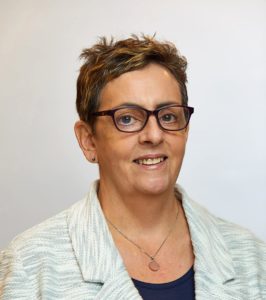When borders closed in March, The Global Student’s (TGS) business model was hit a body-blow, since our core business is the provision of internships, study tours and volunteer programs for Australian university students to ASEAN. With few options available, we decided that virtual internships, which had been slowly becoming an option in international student mobility, was the only way forward. The team agreed to work reduced hours, while we reworked every aspect of our business in the fight to remain viable.
In deciding to offer these, we took the position that the experience should be as close as possible to the in-country experience, in terms of what the students could learn and understand about another culture, without physically relocating. Most importantly, we needed students to recognize these as remote “work experiences” that provided a valuable opportunity towards future employment in this new borderless world. We took the bold stance of calling these “remote global internships” rather than “virtual” internships to reinforce this view.
To do this we considered every aspect of the in-country experience and looked at how to reconstruct the entire program to ensure all aspects of pre-departure and orientation were delivered online via email and via zoom. This included all communication campaigns, website information, program resources, and not just for the students but the host companies. Information provided was similar to the in-country program, but recognized the remote experience.
One challenge was how to provide the cultural component that students miss through not travelling. TGS developed a remote version of the “Race Around the city” usually undertaken in-country that requires students to undertake activities at home and online. For example, eat or cook a meal from the host culture, interview a student from that culture, undertake some research that highlighted Australia’s relationship with the country. This aspect of the program received excellent feedback during a recent program. Students also take weekly classes in language and culture that educates but serves as reminder that they are working in a foreign country. In the recent program, host’s supported the cultural engagement with many sharing their weekend activities, or meeting with interns at lunchtime where they can “share” the meals they each are eating.
From a position of despair in early March, TGS resolved instead to view the crisis as an opportunity to create something innovative, that will remain as part of the company’s offerings, and provide access to those students who cannot travel even when borders open. In leading the team through this crisis, it was important for management to be honest about the company’s position, and to maintain motivation while working from home through weekly goal setting that kept everyone working towards a common outcome that was successfully delivered in July, with a further one hundred students expected in Malaysia over the Nov-Feb period. TGS also hopes to expand these offerings to Thailand and Vietnam. The COVID crisis has provided the opportunity for the company to innovate and for the team members to obtain new skills and knowledge in doing so.



